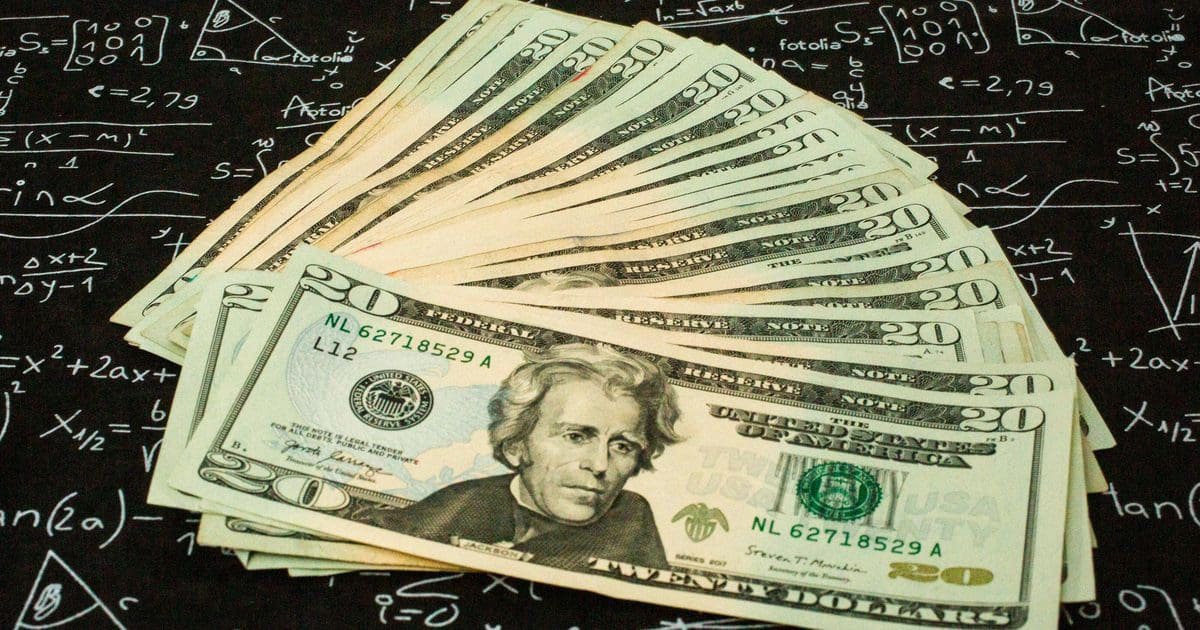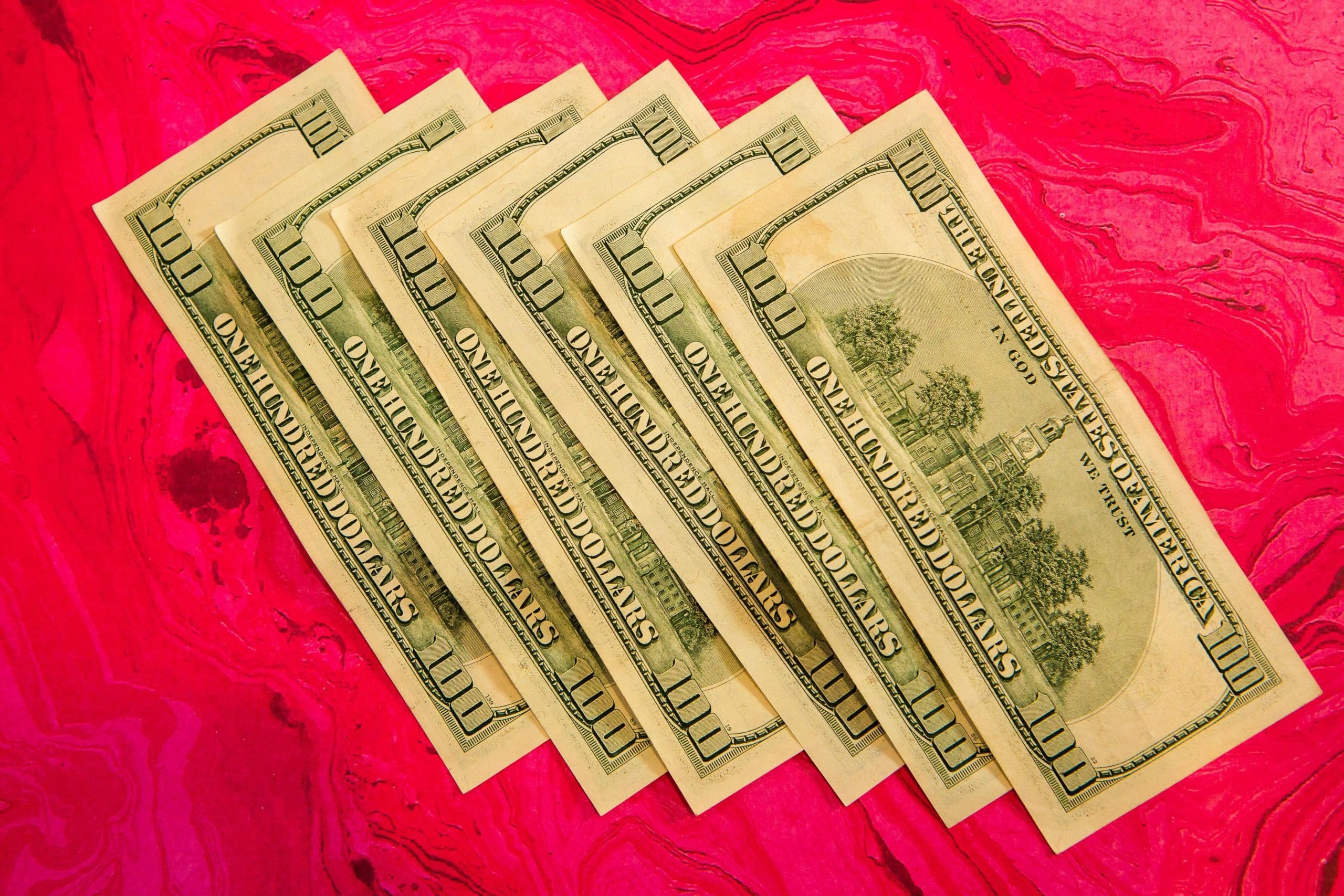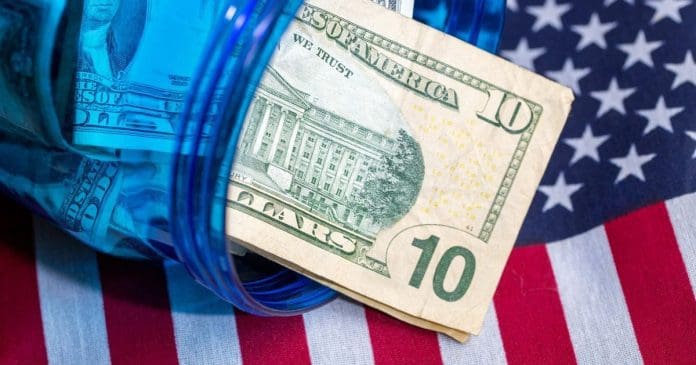The multiple stimulus checks from the federal administration turned around the whole economic situation in America. Initial fears of the worst recession ever affecting America soon turned into a situation of hope and plenty as low and moderate-income people were able to ride out the debilitating effect that the pandemic had on the economy.
The third stimulus check, also called the economic impact payment, under the American Rescue Plan Act infused $1,400 per filer plus another $1,400 for every dependent. Most people who were strapped for cash during the lean weeks of the pandemic suddenly found themselves flush with funds. This was more so as they had just received $600 under the second round of the stimulus checks.
People who were still gainfully employed and were not under financial stress were able to put their stimulus check gains to work in high-return markets like the stock market.
People who were used to living paycheck-to-paycheck all their lives for the first time had excess money in their hands, thanks to the stimulus checks. And this is after providing for groceries and other essentials, clearing their utility bills, paying their rents, and even clearing their debts, especially high-interest ones like credit card dues.
People were able to spend on non-essential items. And for the first time in years, they were able to save a substantial portion of their stimulus check money. Around a third of the investors who received stimulus check payments during the pandemic were able to invest a part of it. And younger investors were more likely to invest their money instead of spending it.
Most People Who Invested Their Stimulus Check Money Were In The Young Group
In the age ground of up to 34 years, a whopping 49% invested their stimulus check payments. While 15% invested in the stock market, 11% went for cryptocurrencies. 9% of the money went into mutual funds while 8% of the investors accepted exchange-traded funds.

With the rise of an investing culture on social media coupled with the ease of making trades on mobile apps, it is natural that people would use their free money to invest. It was seen that during the peak weeks of the pandemic, a lot of people were not distracted from their normal lives and were spending much time working out new avenues for investment with their stimulus check gains.
The new investors have proven to be younger, more diverse, and more comfortable using new trading tools and technologies. They have readily turned to social media for research into investing plans. Experts say that it is a part of their greater financial picture, and it is the right way. This was different from the quick money mentality where investors wanted to make a lot of money and move out fast. Here people were in it for the long term.
Experts Warn Against Putting Too Much Stimulus Money Into Investing
A lot of financial experts have also warned against investing their stimulus payments, more so if they do not have an adequate backup or an emergency fund. They say that the key to financial freedom is having the security of adequate backup, an emergency fund on which they can always fall back on. They warn against spending that particular part of your resources, especially investing it in the stock market which is volatile at the moment for short-term investors.
Experts warn that if people with stimulus check money in hand want to start investing, they must have an adequate emergency fund backup that can be sufficient to cover several months of expenses. And the first step in investing is to be sure of the time horizons.
Make Sure To Be Strong Enough To Take A Knock Before Investing In Stocks
Investment experts warn against investing in meme stocks and cryptocurrencies, given the volatility in these markets. It is also important to decide beforehand the balance between reward and risk. If you are queasy with even a 2% fall in the market, you should consider twice before investing your money in the stock market.
Towards this end, it is important to be sure that your portfolio is diverse both in terms of companies and even sectors. And watch out for any signs of a slowdown in any particular sector and move out before things get ugly.
For instance, the tourism and travel sector was bound to get affected during a pandemic and people who moved out of it at the first hint of trouble were not affected by the slump in these sectors that continued to persist for months. Even now this industry is yet to get back completely on its feet.


People with lesser funds should either go for time-horizon funds or index funds. These investments are based on when you might need your money back. If it is a longer timeframe, you can afford to be more aggressive initially as there is sufficient time to recover in the event of the market dipping or even crashing.
Other Ways That People Invested Their Stimulus Checks
People who have their finances in order and secure jobs considered using their stimulus checks in shares. But some people were not very comfortable with their employment situation. Even those with gainful jobs realized that the pandemic was not fully under control and a sudden drop in income was just around the corner. This is especially true as the country is moving towards a brief recession that could lead to job losses across sectors.
Stocking away money for retirement is always a smart move and the stimulus checks are an unexpected gift in that sense. There was the traditional investment for retirement plans with the IRS. The maximum contribution is in the $6,000 to $7,000 range for those 50 years or older. So investors can stash their entire funds if they do not need them shortly or do not have the heart to invest them in volatile avenues like stocks or cryptocurrencies.
Another way forward is to clear out maximum debts starting from those charging the highest interest. Credit card debt can be expensive and is upwards of 15%. You can free up a lot of cash by paying off those debts. And paying off debts gives you the highest return that no amount of stable investing can bring.






